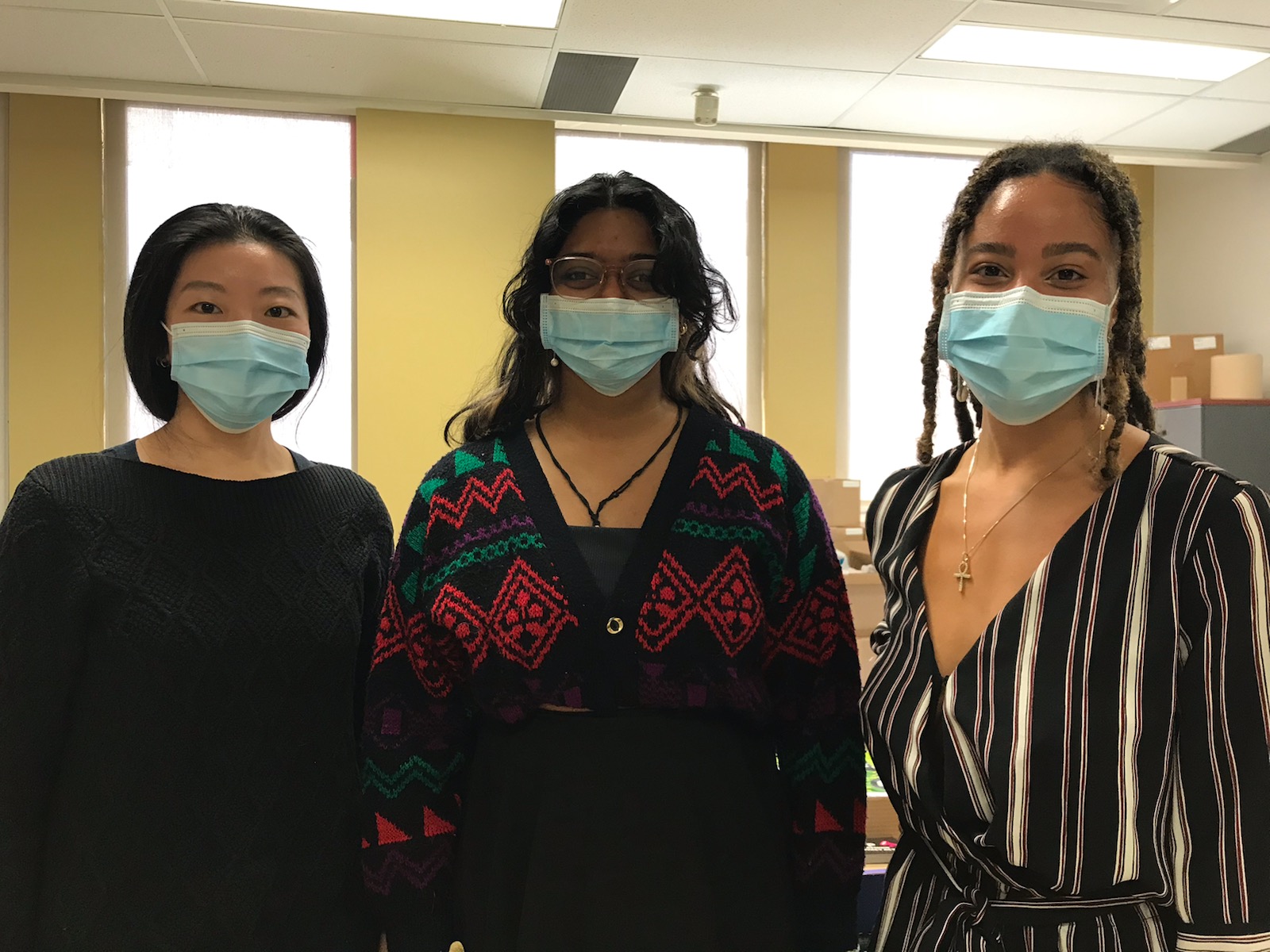During the general elections, Concordians will choose whether to open a service centre for BIPOC students
From Nov. 16 to 18, students will vote on whether to open a diversity office in the CSU Elections.
This office will advocate for marginalized students and staff. It will also advocate for the inclusion of these students in the CSU. The point is to make the CSU hospitable for students with disabilities, who are a part of the BIPOC or 2SLGBTQA+ communities, or who are migrants/refugees.
A diversity office, which will operate independently from the CSU, will promote inclusivity regardless of the elected council. To fund the office, the union will ask each undergraduate student to pay $0.20 per credit in their student association fees each semester, starting winter 2022.
The BIPOC Committee’s executive team came-up with this idea. This committee hosts fundraisers and events that support local charities. They also offer grants to BIPOC students who start and run clubs or initiatives.
Committee chairs Camina Harrison-Chéry, Shivaane Subash, and Faye Sun believe BIPOC students must overcome barriers at Concordia.
To counter these problems, the diversity office will encourage students to speak their minds, find community, and offer resources such as “mental health support, student advocacy, and other resources that are often not accessible to them given their identity and circumstances,” according to Sun.
“[Students of marginalized identities] don’t often see the point in reporting or talking about their experiences because they know that the people who read [their complaints] are also a part of the problem.”
In 2019, the CSU surveyed 1023 students about their on-campus experiences. The survey revealed a discrimination problem at Concordia, where nine per cent of students felt discriminated against by professors, staff, or peers. Also, 12 per cent of students witnessed another student who experienced discrimination at Concordia. According to the survey, discrimination includes harmful jokes, unwanted physical contact, hateful remarks, and the display of hateful messages or images.
More recently, a report revealed that Concordia students and staff filed 20 official complaints about instances of racist discrimination during the 2019-2020 school year.
Harrison-Chéry believes the diversity office can improve the experience of BIPOC students.
“Our motion responds to years of recurring systemic issues,” said Harrison-Chéry. “So, there is a clear need for this service.”
The diversity office will comprise of an equity, diversity and inclusion (EDI) advisor, who is currently being onboarded. Community directors will also be hired if the fee-levy passes in the coming weeks.
“Black and Indigenous peoples have a very specific history of being enslaved or genocided on this land,” said Subash. So, the CSU wants to put more energy into those groups. Once they see what these community directors are able to accomplish, they will create community advisor positions for other minority groups on campus.
The EDI Advisor will ensure that the CSU adheres to inclusive policies. The advisor will also recommend ways to improve diversity within the CSU which will help to foster a more welcoming environment for marginalized students. The selected advisor is Sandra Mouafo, who also works with Concordia’s Anti-Racist Pedagogy Project.
Subash said that marginalized council members often feel undervalued. These council members are compelled to address BIPOC issues on top of their studies and regular councillor work. According to Sun, these members, “are forced into situations where they have to experience discrimination.”
“It can feel like you’re being stretched in a thousand different directions with everyday microaggression and the institution itself being unsafe,” said Subash.
Harrison-Chéry believes that the CSU can only function if it welcomes diversity.
“It’s about promoting effective leadership. If we do not address the problems in our institution then we cannot help students. So, we need to improve our governing culture and policies,” she said.
“Diversity work often gets offloaded onto the few BIPOC employees in a work space. […] I think it’s unfair to have a small group of people do this work,” said Sun.
According to Sun, diversity work is emotionally laborious, especially for those who are marginalized. “So, having many people doing this kind of work together spreads out the workload and it’s more fair,” she said.
Meanwhile, the community directors at the office will focus on student issues. They will help BIPOC students embrace leadership opportunities. They will also work to foster a community where students feel at ease.
Photograph by Hannah Sabourin




